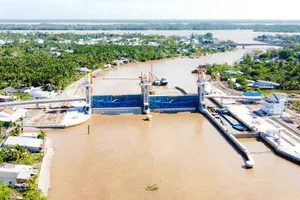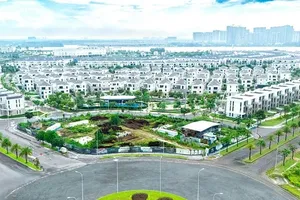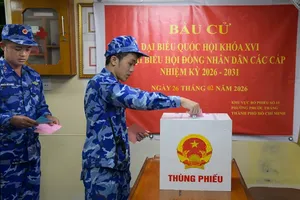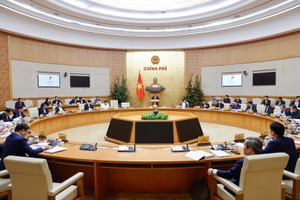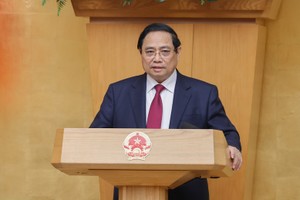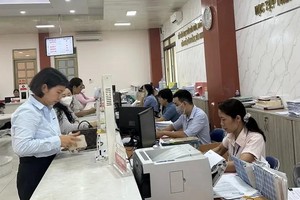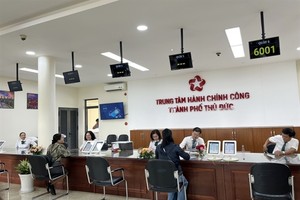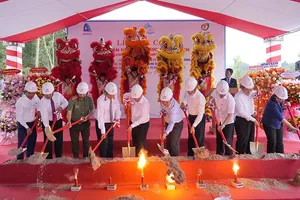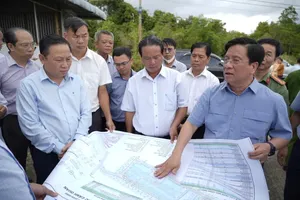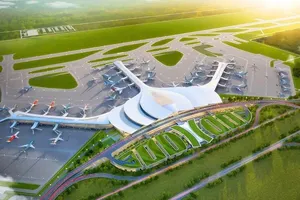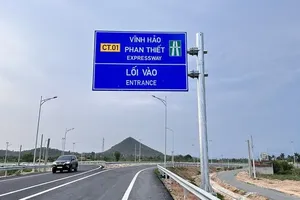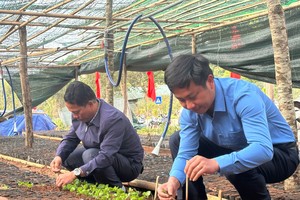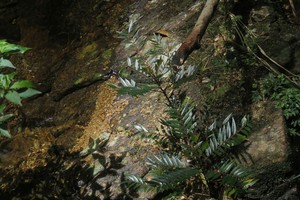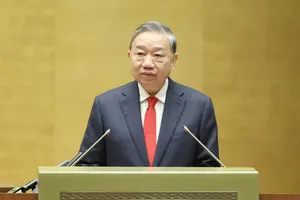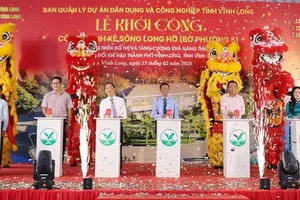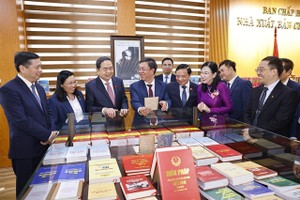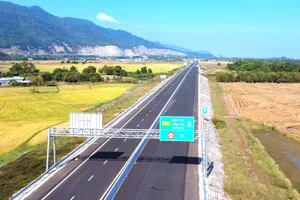The Asian Development Bank (ADB) and the Government of Vietnam on May 27 signed two loan agreements of US$198 million to provide potable water to the people of Ho Chi Minh City and complete a water resource project for the city and the surrounding provinces.
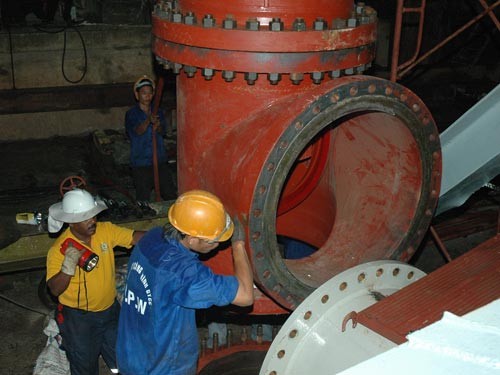
A US$138 million loan is part of a US$2.8 billion investment program involving ADB, the Government of Vietnam, development partners and water company investors, including some provinces, cities and the private sector.
The program will first target the city’s poorer households that have no access to water pipelines and have to pay exorbitant amounts for tap water.
The project will benefit over half a million residents and connect almost 20,000 families to piped water for the first time, increasing the city’s piped water access to meet the target from 82 to 95 percent by 2025.
The project will increase water availability by over 64 million cubic meters per annum over the next decade, resulting in improved efficiency and the financial performance of the Saigon Water Corporation.
“Poor water coverage hits poor families the hardest and this investment program will benefit these families the most,” says Mr. Konishi, Country Director for Vietnam. “When poor families are provided with piped water connections, it measurably improves their well-being and boosts their income.”
In addition, a US$60 million loan provides supplementary financing to Phuc Hoa Water Resource Project prepared in 2003. Together with a loan of US$25 million from Agence Française de Développement (AFD), this supplementary loan will enable the Government to complete the Project’s original scope including the construction of two new irrigation systems for agricultural development by March 2014.
The goal of the project is to provide additional water in the Saigon and Vam Co Dong river basins for irrigation and to supplement the existing water supply in HCMC and neighboring provinces.
The project will supply water for irrigation, domestic and industrial uses, while at the same time develop management skills in government agencies and community water consumers. However, earlier delays in implementation and high inflation had increased the total project cost, resulting in a deficit of over US$131 million.
In 2008, the original project was split into two phases and with the successful completion of the first phase, ADB and AFD agreed to provide additional support for the project’s second phase.
